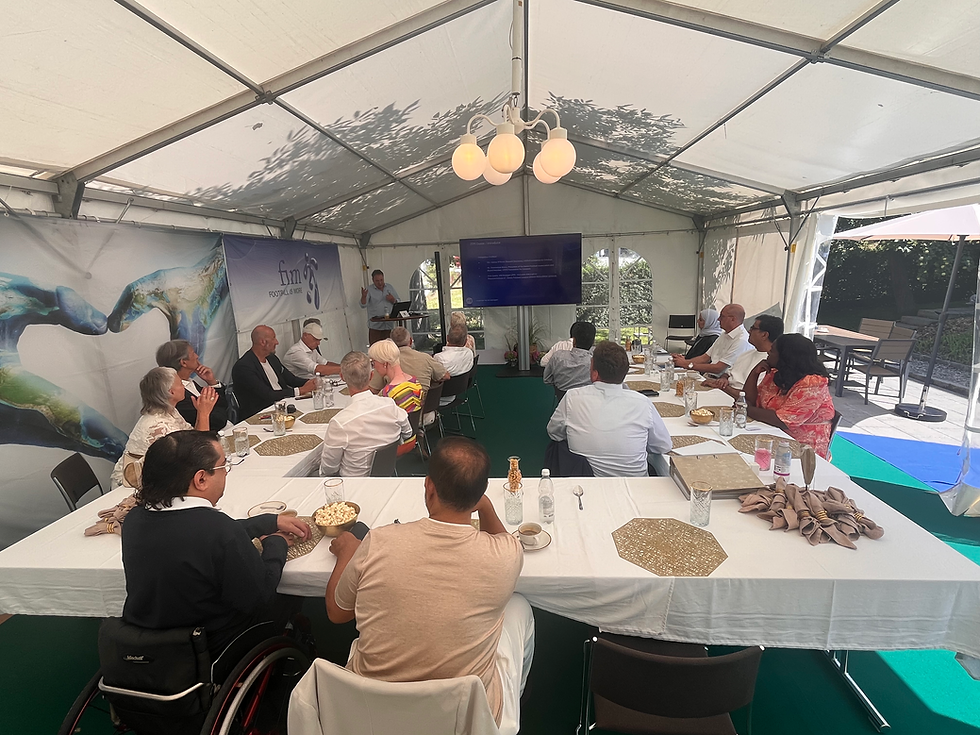Speech Disabilities
- Fabio Carrabs
- Oct 12, 2021
- 2 min read
People with speech disabilities are people who are impaired in using their mother tongue in spoken and/or written form impressively and/or expressively in an age-appropriate manner and are thus hindered in their personal and social development as well as in the shaping and utilisation of their learning and performance abilities.
Speech disabilities occur in various forms and range from speech development delays to muteness. Possible forms, depending on the area affected, are for example:
Stuttering
Speech disorders
Aphasia
Speech development disorders
Here are a few hints for communicating with people who have a speech disability:
One should not directly assume that there is also an intellectual disability. The best thing is to ask a question and just wait to see if you get an answer and in what form. Instead, talking to a person without an intellectual disability like you would to my child will certainly not go down well.
Also, one should not simply pass over the person and directly address the accompanying person if there is one.
Many people are ashamed to ask again - or another time - if they have not understood something, for example because the person they are talking to stutters. But the latter will be frustrated when he realises that he is not understood.
Furthermore, it is necessary to show patience. People with disabilities often find it particularly difficult to make contact with strangers, let alone to open up. Remaining calm and patient oneself can help the impaired person to remain equally calm, which in many cases will also have a positive effect on the language.
But what do I need to know about the different disabilities of my players when running an inclusive training session?
We answer these and more questions in our coach training. There are only a few places left.
If you are interested in the course, you can find out more here:





Komentáře